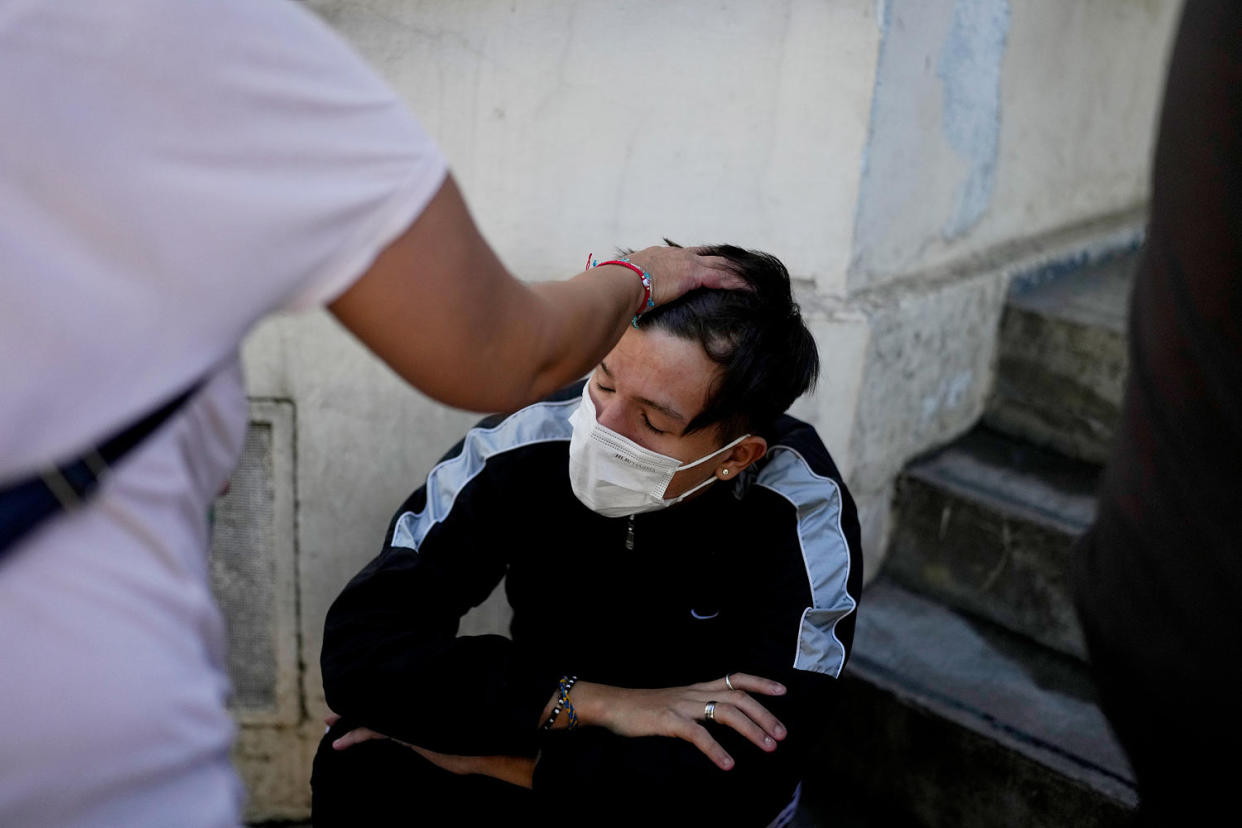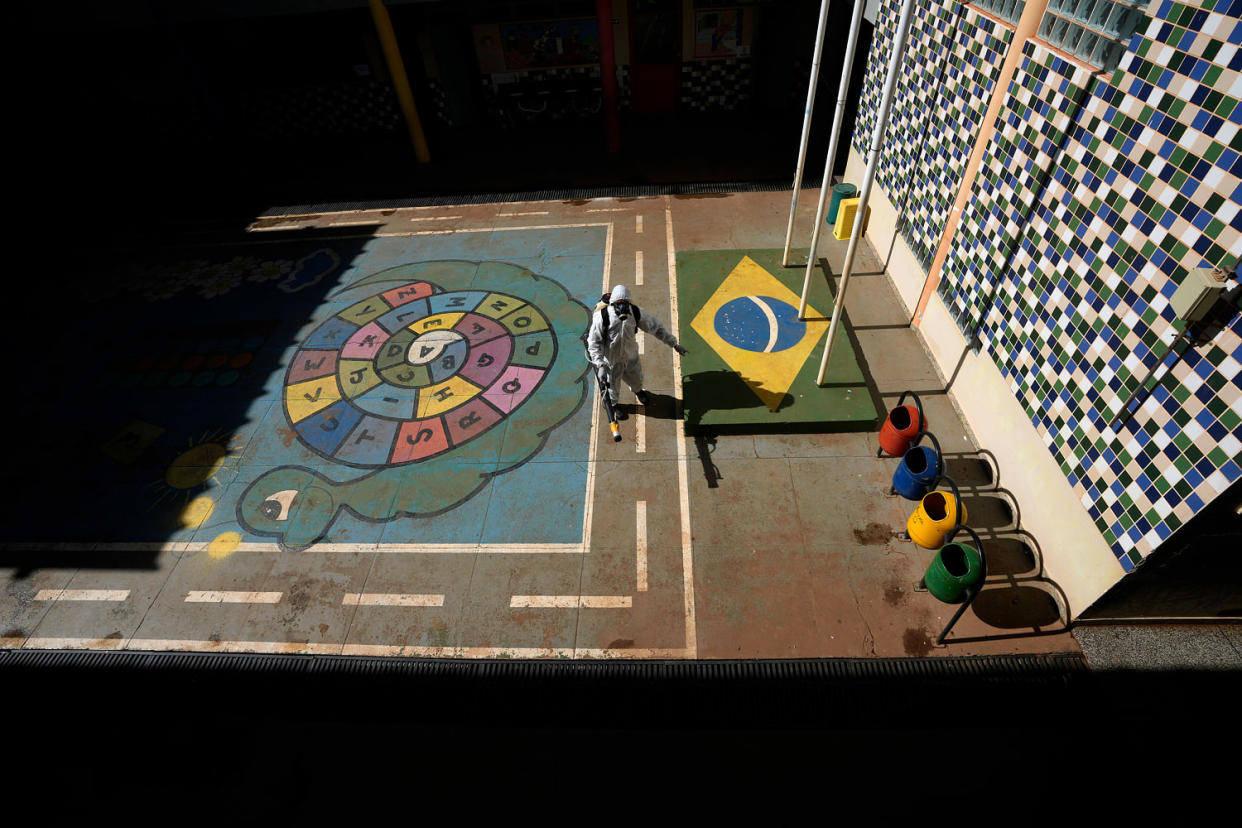A record surge in dengue cases in Latin America spurs a warning for proactive measures
A record surge in dengue cases throughout Latin America and the Caribbean prompted the head of the Pan American Health Organization to warn of the need for proactive measures to curb the virus that is transmitted by mosquitoes.
PAHO Director Dr. Jarbas Barbosa said in a press briefing Thursday that as of March 26, the region had seen more than 3.5 million cases of dengue and more than 1,000 deaths.
"This is cause for concern, as it represents three times more cases than those reported for the same period in 2023, a record year with more than 4.5 million cases reported in the region,” he said.
As of March, the hardest-hit countries in Latin America are Brazil, Paraguay and Argentina — which have accounted for 92% of the dengue cases and 87% of the deaths — where mosquitoes have thrived because of the warm and rainy weather this time of year.

Barbosa said, however, that they're seeing an uptick in Barbados, Costa Rica, Guadeloupe, Guatemala, Martinique and Mexico, "where transmission is usually higher in the second half of the year.”
U.S. embassies have been issuing health alerts in countries throughout the region, urging people to cover their arms and legs, use mosquito repellent and avoid stagnant water and other mosquito-breeding places.
The U.S. territory of Puerto Rico declared a dengue public health emergency this week, with a surge in cases mostly in the island's capital, San Juan.
According to the Centers for Disease Control and Prevention, “dengue viruses are spread to people through the bite of an infected Aedes species” mosquito, with symptoms that can range from mild to life-threatening for those who get sick from the infection. About 1 in 20 people can get severe dengue, which can lead to death.

The most common symptom is fever, according to the CDC; other symptoms include serious headaches, nausea, vomiting, rash and body pain.
“Facing the dengue problem is a task for all sectors of society,” Barbosa said, urging community engagement.
This includes “efforts to eliminate mosquito breeding sites and protect against mosquito bites, increase preparedness in health services for early diagnosis and timely clinical management, and continuous work to educate the population about dengue symptoms and when to seek prompt medical attention,” according to a PAHO news release.
For more from NBC Latino, sign up for our weekly newsletter.
